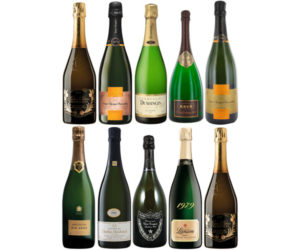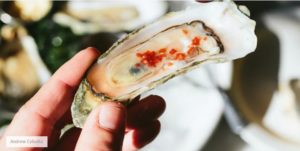“Branding acts like a placebo. It changes consumer perception and, in turn, those perceptions alter the nature of the product.”
Read the fascinating story of Lieutenant Colonel Beecher here (as well as a commentary on the placebo effect in marketing).
A recent example? The internet recently has been alive with stories about research into the placebo effect and our apprehension of the quality of wine – and, perhaps worryingly for some, the brain functions which govern our actual experience of its taste! (Hint: higher price = higher quality).
Here’s a sample article: Why expensive wine appears to taste better: It’s the price tag. The authros point out:
“Price labels influence our liking of wine: The same wine tastes better to participants when it is labeled with a higher price tag. Scientists have discovered that the decision-making and motivation center in the brain plays a pivotal role in such price biases to occur. The medial pre-frontal cortex and the ventral striatum are particularly involved in this.”




